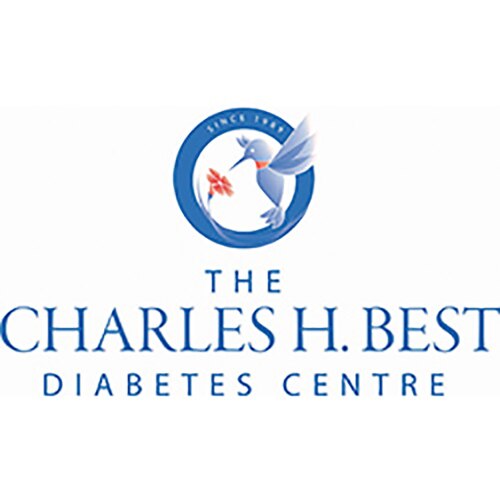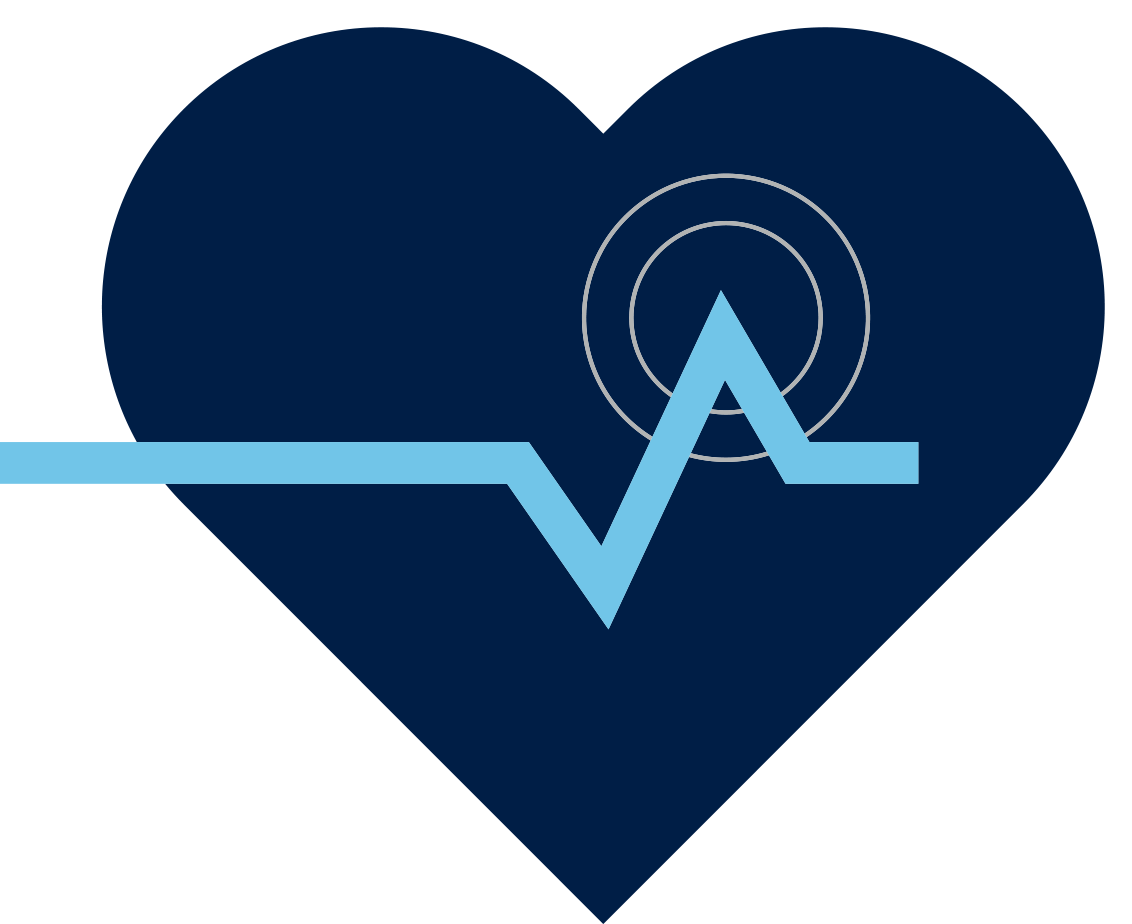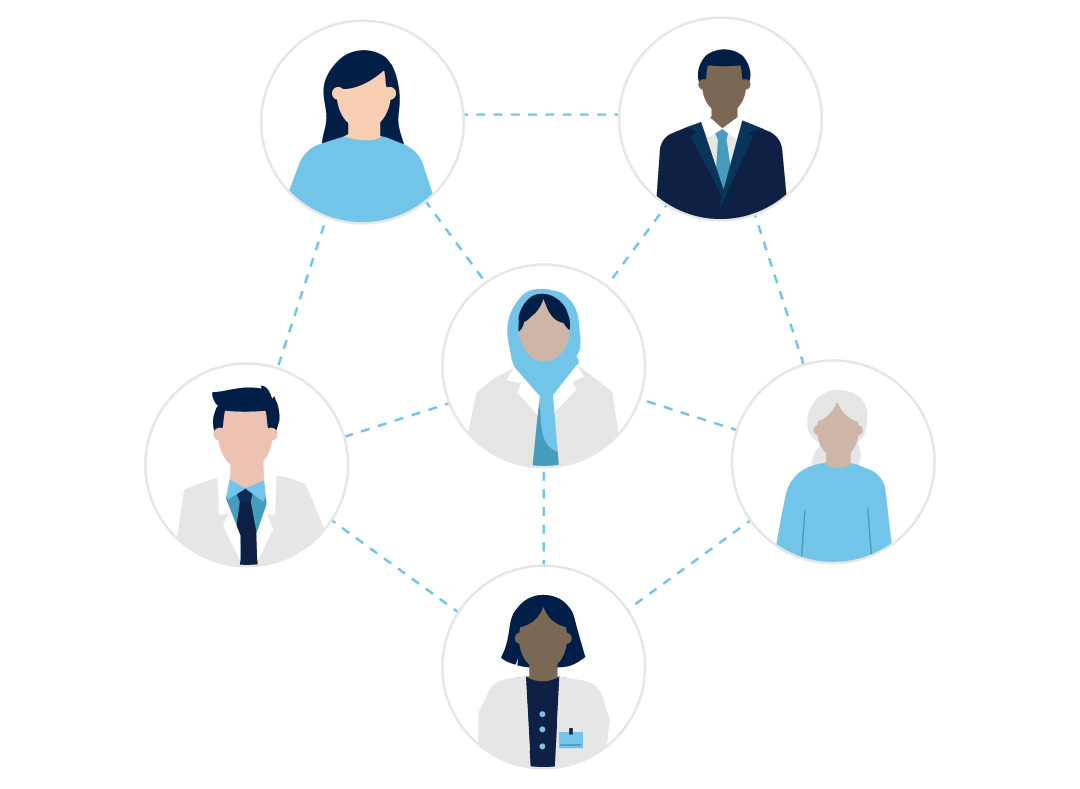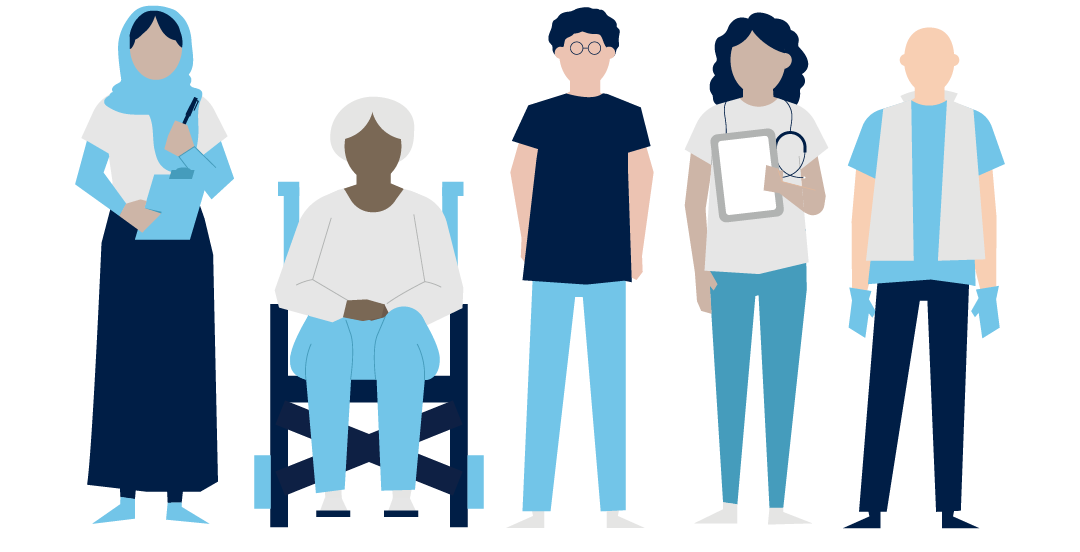
Stories
Partnership Optimizes Care for Diabetes Patients
Over the past three decades, The Charles H. Best Diabetes Centre in Whitby has established a national reputation for excellence, providing care and education to a growing number of people living...
Over the past three decades, The Charles H. Best Diabetes Centre in Whitby has established a national reputation for excellence, providing care and education to a growing number of people living with type 1 diabetes.
The Best Centre’s leadership, staff and volunteers approach their work helping patients of all ages stay healthy as a mission, not just as a job.
Unfortunately, a couple of years ago, the community-based centre was having a difficult time keeping up with patient demand. Operational challenges began to slow program delivery. Mountains of paperwork were stacking up. Wait times for care increased. Frustrations grew among staff who wanted to help more people but couldn’t create more capacity.
The Best Centre engaged the Medtronic Integrated Health Solutions (IHS) team, which was launched five years ago to help hospitals and healthcare organizations cut through complex problems that bog down efficiency, waste already strained resources and create roadblocks to patients accessing care in a timely manner.

“At the time, the centre was struggling to do everything that needed to be done but had no lived experience with process improvement methodologies,” says Executive Director Lorrie Hagen, who joined the centre in 2017 shortly after Medtronic’s IHS team began its work. “Having an outside set of eyes was very important. It’s a great benefit to take advantage of that expertise, if you don’t have it in your organization or even the capacity to do the work with internal resources.”
The IHS team carried out an initial baseline assessment to gauge the centre’s operations and conducted interviews with key stakeholders to highlight areas of focus. After identifying areas for improvement, the team worked with members of the centre’s working group to develop a two-year work plan. Key elements of the plan aimed to:
- Increase operational capacity by creating a remotely accessible “float” educator role
- Improve access and quality of care by standardizing referral processes and optimizing staff workflow
- Improve operational efficiency through enhanced data tracking and analysis
The changes have paid off with significant improvements, allowing the Best Centre to reach more patients and improve their overall experience.
“The results have been remarkable,” said Morteza Zohrabi MD, lead consultant with the Medtronic IHS team. “The patient experience has improved, wait times have gone down, return times on callback to patients have decreased and the centre is able to see more patients.”
Among the improvements:
- Clinical interactions with active patients have increased by 12%
- Wait times for initial appointments have improved by nearly 50%
- The time for patients to reach A1C target levels has been reduced by 65%
- Variability in time to reach A1C targets was reduced by 68%

The IHS team and the Best Centre were particularly pleased to see such significant improvement in patients reaching A1C targets sooner since type 1 diabetes patients face fewer risks for health complications when they are able to maintain blood glucose levels within an optimal range
“The patient experience and clinical outcomes as a whole improved,” said Farbod Abolhassani, a project manager with the IHS team. “Patients were receiving a good level of care previously, but they’re getting it faster now, and they’re getting it in a more standard way.”
Leadership and staff at the Best Centre are encouraged by the results and pleased to have overcome some operational obstacles.
“With any healthcare team, the magic comes with working together, so I’m hugely proud of the team,” Hagen said. “I think that they really adapted to making it work. They were committed and that’s something to be commended.”
The centre expects the process improvements it put in place will continue to serve it well as demand for its services increases every year. The centre currently has a caseload of approximately 1,700 people living with Type 1 diabetes and is projecting a need to double its services over the coming decade.
“We’re still growing at a rapid rate,” Hagen said. “There’s always a need for process improvement, whether it’s on the clinical side or administrative side or fundraising side. It’s part of our workplan now.”


